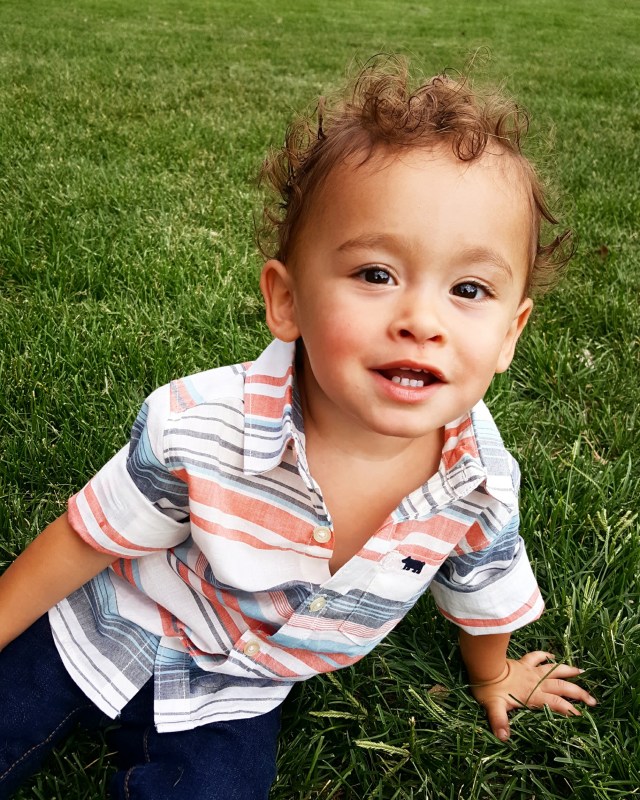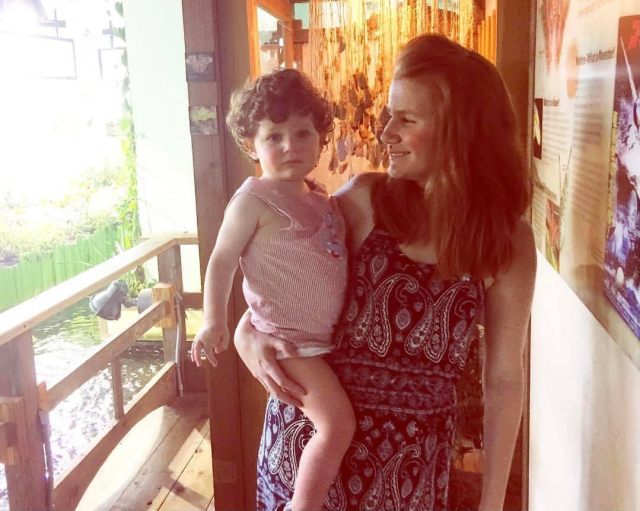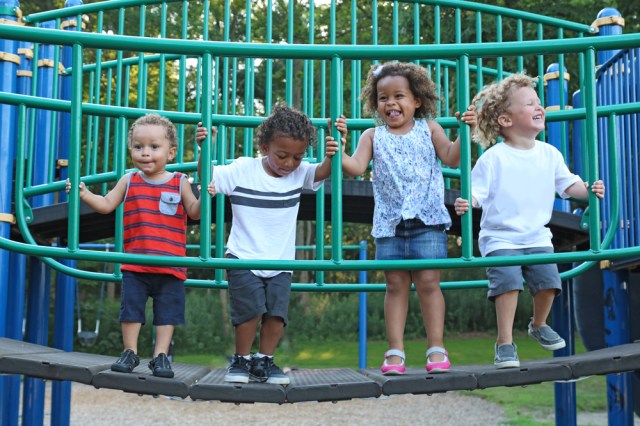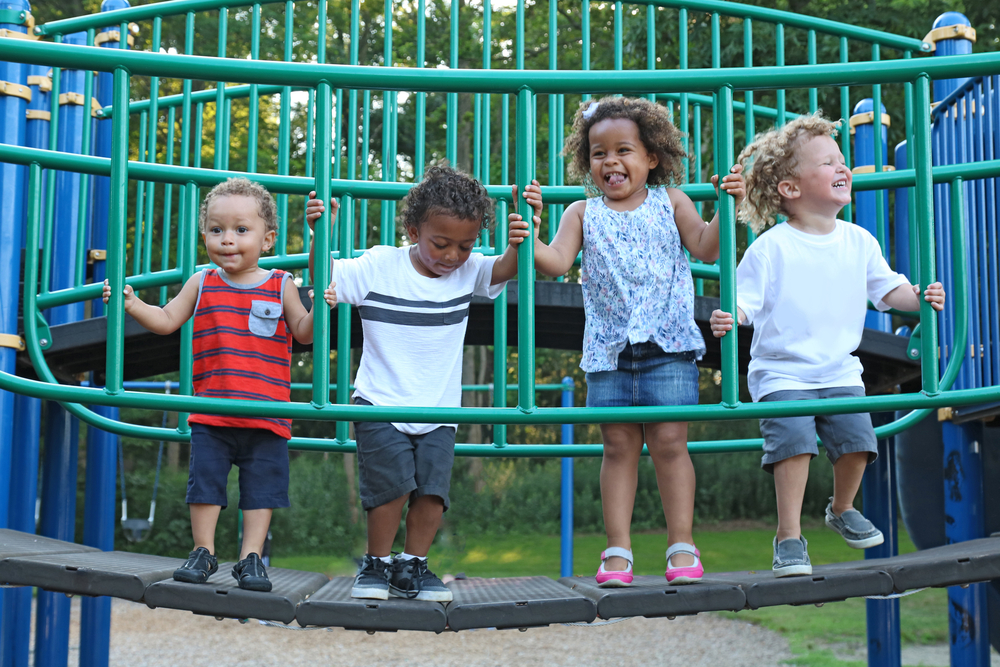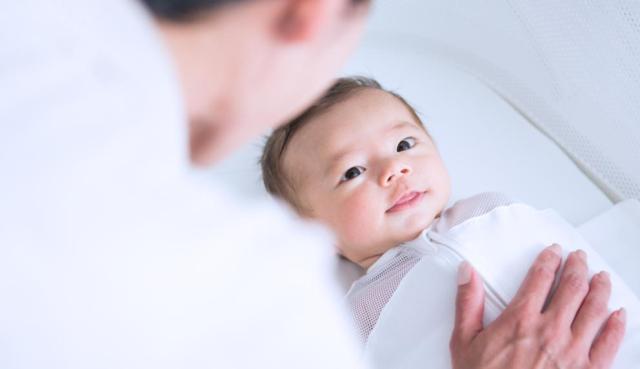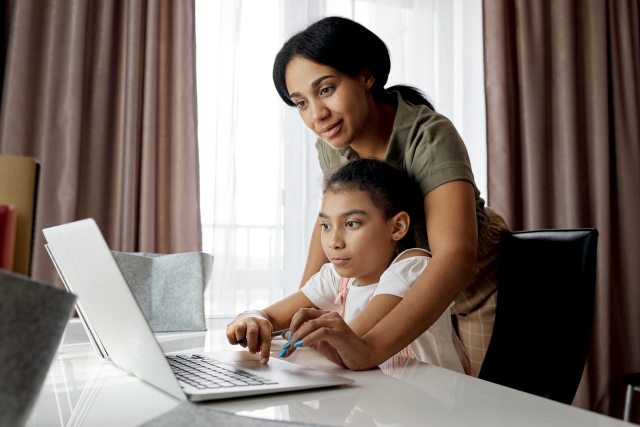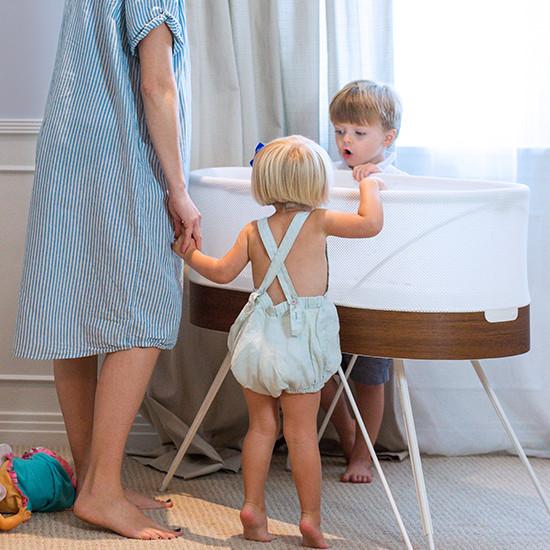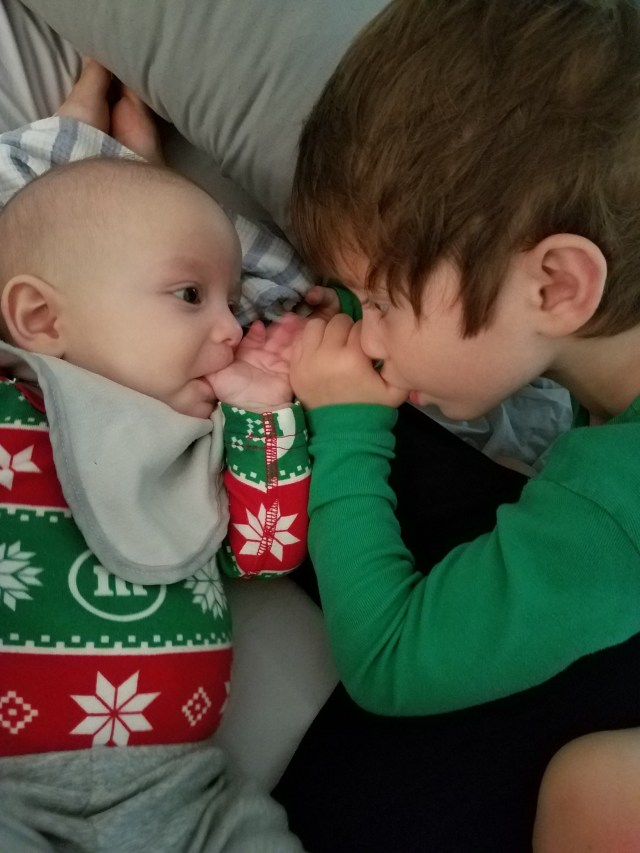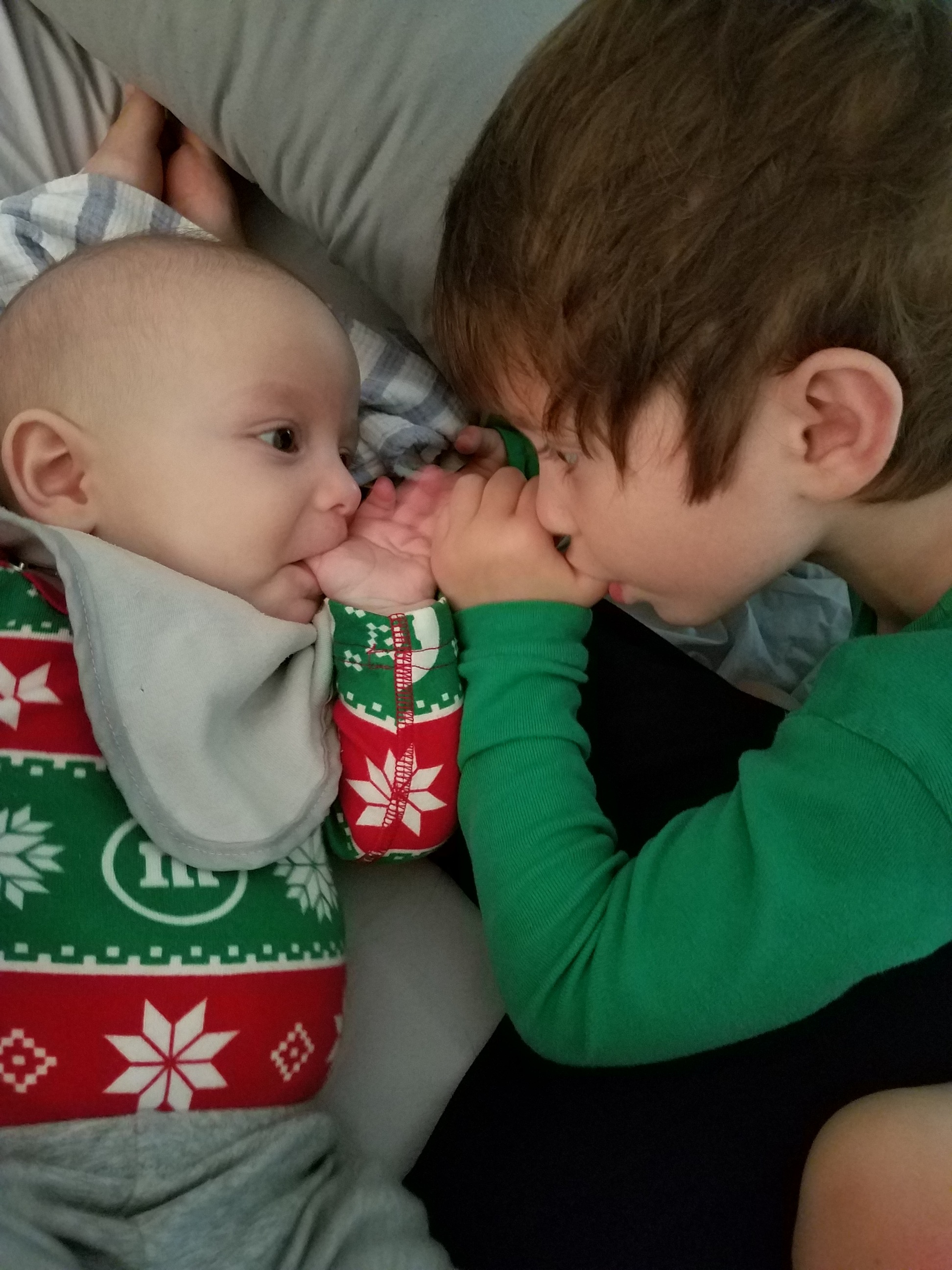
Pictures, pictures, and more pictures. I’ve been taking pictures since I was nine and my parents bought me a camera for my birthday. This was before smartphones and the craze of capturing every moment.
I love it.
Sometimes after the exhausting bedtime routine I lay in bed and stare at pictures of my kids. Yes, the kids that I’m constantly with, the ones I just prayed would fall asleep and leave me alone.
Suddenly in the quiet and dark of my room, I miss them.
When I look at baby pictures of my son Johnny, who is five and on the autism spectrum, it’s a conflicting feeling that pulls at my heart.
I think about how cute and little he was, how I miss having a little baby, but it also feels like another time. The time before knowing something was different. Before knowing autism.
Back then there was so much hope. So many possibilities.
Life seemed so much more certain and typical. I feel like that now our whole world has shrunk in so many ways. Less people, less space, less certainty.
These pictures remind me of a simpler time, before I realized that those fussy nights would continue so much longer than they told us. Before he went from responding to his name some of the time to never responding. That the couple of words he had would come and go. Our world would become a constant back and forth of progression and regression. Back then I had no clue I’d be filling out hundreds of professional forms that refer to my child’s behavior as “odd” and “strange.”
I had no expectation of myself crying on the way home from soccer practice, nursery, and family events because my child would not participate. Sometimes he would scream and cry or hide in a corner the entire time.
I didn’t know the plans we had to do every sport and activity would turn into therapies and explanations. Explanations of him, us, autism.
Although, now that we are slowly turning the corner of acceptance I see more.
I can see that before I did not know how much I would learn. How it would make us better parents and people. I would have never known how different I would become. My patience, love, and acceptance of others has grown tenfold. All thanks to Johnny.
I did not know that our wins in life would mean little to others but the world to us. The first time Johnny said “Hi mom” so casually at four, I cried. The first time he jumped with joy about something, my heart burst. The day he finally got potty trained I felt the most relief I probably ever will. His smile could change the world.
Before autism, I did know how much larger my heart would become and how full it could be.
Most days are hard. There are meltdowns, frustrations, isolation, worry, and confusion. Then there are moments of amazing. The moments that keep us going. The little wins carry us through the weeks and months. Before autism, I did not know that was possible.
